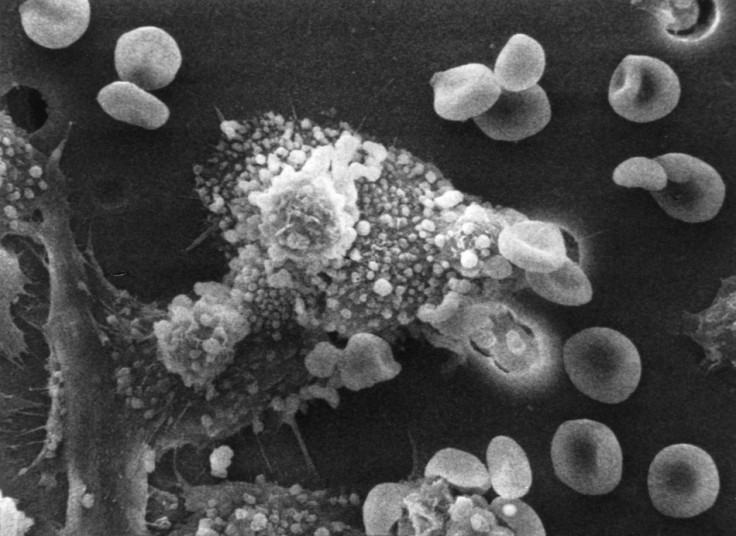Prostate Cancer Could be Linked to Sexually Transmitted Infection

Prostate cancer may be caused by a sexually transmitted infection (STI).
Scientists at the University of California tested human prostate cells in the lab and found that a non-viral sex infection called trichomoniasis aided cancer growth in those cells.
The study suggests that the sexually transmitted infection might make men more prone to prostate cancer.
However, more research is required to establish the link between trichomoniasis and prostate cancer, the scientists noted in their lab study results published in the journal Proceedings of the National Academy of Sciences (PNAS).
Trichomoniasis is a sexually transmitted infection caused by a tiny parasite called Trichomonas vaginalis (TV).
Although up to half of all infected men and women have no symptoms, in women, trichomoniasis can cause soreness and itching around the vagina and a change in vaginal discharge.
Infected men may experience pain during urination and a thin white discharge from the penis. The head of the penis or prostate gland (a gland near the bladder that helps produce semen) can become infected in some cases.
Another study in 2009 also found significant associations of Trichomonas vaginalis with incidences of prostate cancer.
However, Cancer Research UK believes prostate cancer and STI cannot be linked with only a few studies done so far.
"There's been a lot of research into prostate cancer risk and we're working hard to piece together the puzzle," Nicola Smith, health information officer at Cancer Research UK, told the BBC.
"But there are still no known lifestyle factors that seem to affect the risk of developing the disease - and no convincing evidence for a link with infection," she said speaking about the latest study by the University of California that was "only done in the lab."
She added: "The risk of prostate cancer is known to increase with age."
© Copyright IBTimes 2024. All rights reserved.





